
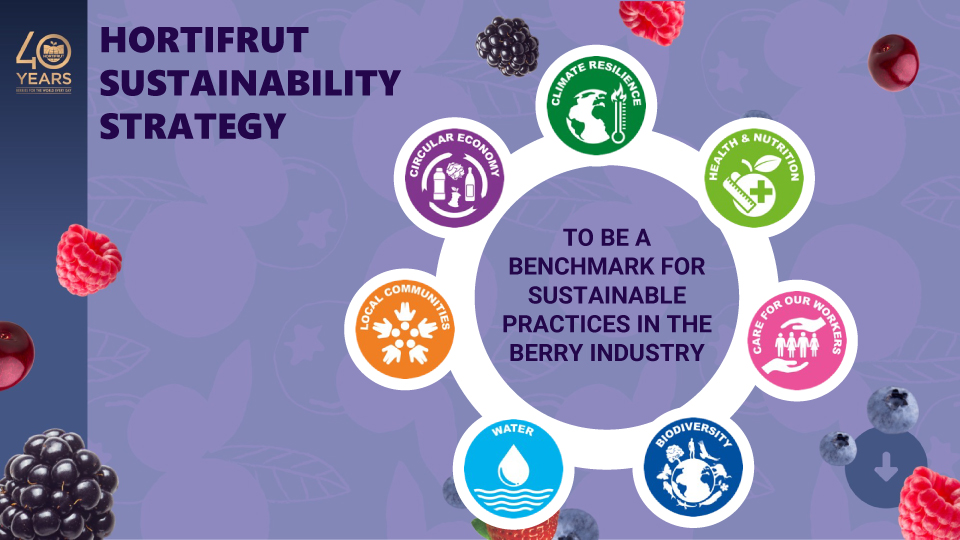
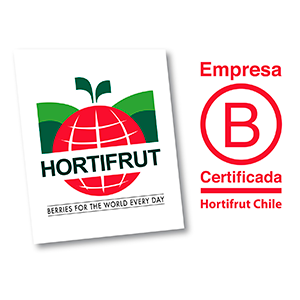
B Corporations aim to become the best companies for the world. All B Corps measure their social and environmental impact, and personally, institutionally, and legally commit themselves to make decisions considering the long-term consequences of their actions in the community and the environment.
SPRING is a GLOBALG.A.P. add-on at farm level that helps producers, retailers, and traders show their commitment to sustainable water management, and it can be applied jointly with the GLOBALG.A.P. IFA regulation for crops. SPRING includes a wide range of criteria to assess the sustainable water management in the farm, in terms of compliance and protection of water sources, consumption monitoring, best practices, and measures for continuous improvement.
GLOBALG.A.P. is the internationally recognized regulation for agricultural production. The goal is a safe and sustainable production that benefits the value chain. The certification includes safety and traceability, environment, health, worker safety and well-being, animal welfare, as well as Integrated Crop Management (ICM), Quality Management Systems (QMS), and Hazard Analysis Critical Control Point (HACCP).

USDA certified organic foods are grown and processed according to federal guidelines addressing, among many factors, soil quality, animal raising practices, pest and weed control, and use of additives.
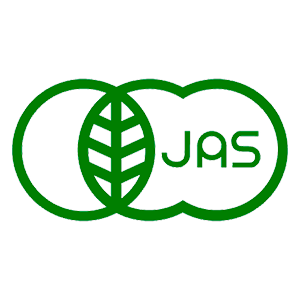
The JAS certification is the Japanese organic agricultural production certification, created by the Ministry of Agriculture, Forestry and Fisheries of Japan. It is required for clients who wish to export their organic production to Japan, even if they have certifications from other countries.
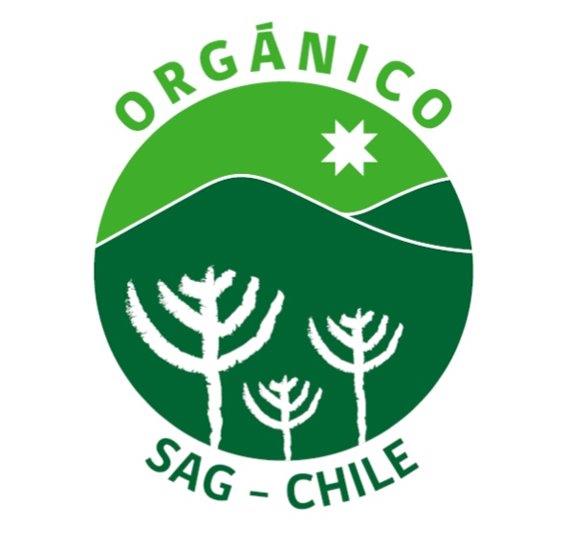
It determines the conditions for commercializing products under the designation of organic or its equivalents. One of the conditions is that any product labeled as organic, biological, or ecological must be duly certified by an entity registered in the National System Record for Organic Certification.
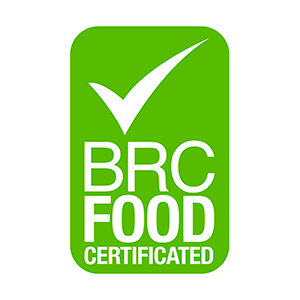
The BRC regulation is a global standard for food safety created by the British Retail Consortium, an organization whose initials make up its name. It was created with the double purpose of, on one hand, ensuring compliance by suppliers and, on the other hand, providing retailers with a tool that allows them to guarantee the quality and safety of the food products being commercialized.
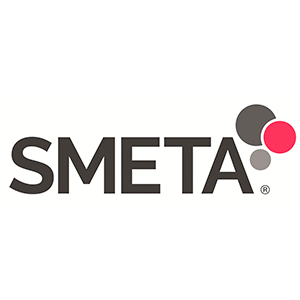
SMETA (Sedex Members Ethical Trade Audit) is the most widely used social audit in the world. SMETA is Sedex’s social auditing methodology, enabling businesses to assess their sites and suppliers to understand working conditions in their supply chain.

PrimusGFS is a Global Food Safety Initiative (GFSI) benchmarked and fully recognized certification program covering both GAP and GMP scopes as well as food safety management systems (FSMS). This program offers certification to plant growing operations, post-harvest management and minimally processed plant products.
GRASP stands for GLOBALG.A.P. Risk Assessment on Social Practice. It is a voluntary, ready-to-use module developed to assess social practices on the farm, such as specific aspects of workers’ health, safety, and welfare.
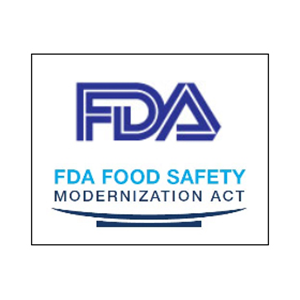
The Food Safety Modernization Act (FSMA) is a regulatory change that aims to ensure the safety of the food supply in the United States. The FDA’s FSMA includes, for example, preventive controls for feed and food, specific requirements for food suppliers and foreign importers, and identification of qualified individuals in preventive controls.
This is an independent diagram of the TESCO international retail chain, presented for the first time in 1992. The main goal of this diagram is to show the consumer that the fruits and vegetables from TESCO’s suppliers are grown in an environmentally responsible way.

This is the Costco Produce Addendum for Packinghouse, Cooler, Cold Storage, Storage, Distribution and Processing Facility Audits.
The AH-DLL GROW add-on developed in collaboration with Albert Heijn and Delhaize. The goal is to assess the producers’ risk management in relation to hygiene, pesticide residues, and foreign bodies.